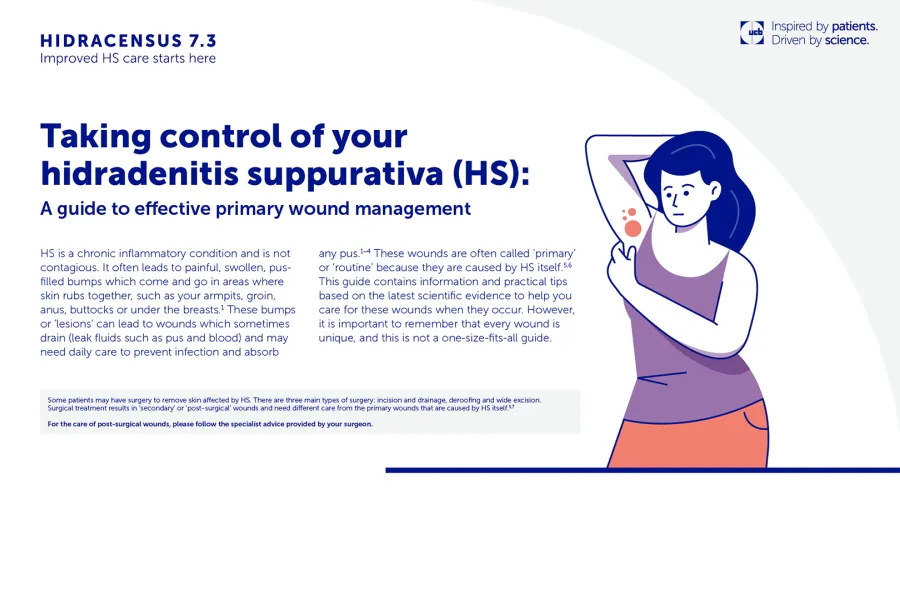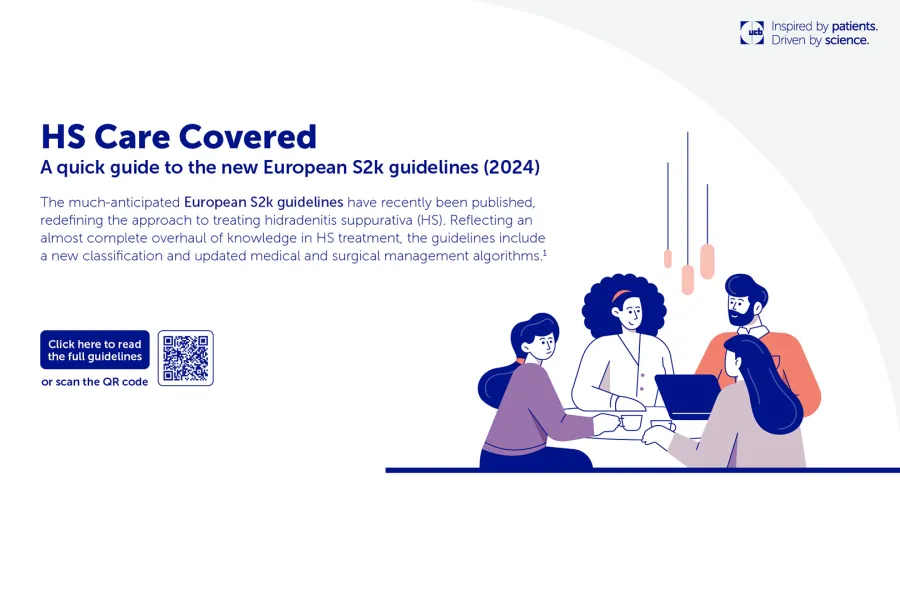

Prof Laure Gossec
Professor Laure Gossec is Professor of Rheumatology in Sorbonne Université and Pitié-Salpêtrière Hospital, Paris, France. Professor Gossec has a half-time clinical position where she mainly sees patients with inflammatory arthritis, and a half-time teaching and research position.
Professor Gossec earned her medical degree and conducted her specialty training in rheumatology at Paris Descartes University, France, and earned her PhD in clinical epidemiology from Montpellier University, France. Professor Gossec’s clinical research focuses on particular outcomes research and epidemiological research, with a focus on outcome measures, prediction of outcome and targeted treatments, in psoriatic arthritis (PsA), rheumatoid arthritis (RA) and spondyloarthritis. Professor Gossec is particularly interested in the patient’s perspective and patient-centred research, and e-health and artificial intelligence for rheumatology research.
In 2023, Professor Gossec has coordinated work on quality of life in spondyloarthritis in several databases, she was the methodologist for a European Alliance of Associations of Rheumatology (EULAR) Task Force on patient involvement in research (led by Dr de Wit, Netherlands) and she co-led a EULAR Task Force with Professor Smolen (Austria) to produce an update of the EULAR recommendations for the management of PsA.
Professor Gossec is past Chair of the Epidemiology standing committee of EULAR and is a founding member and past Chair of the Emerging EULAR Network (EMEUNET). She is an Associate Editor for Joint Bone Spine.
Professor Gossec has authored more than 450 peer-reviewed manuscripts published in journals such as Annals of the Rheumatic Diseases, Arthritis & Rheumatology, Rheumatology and Arthritis Research and Therapy.
Support patients with this wound care guide including practical tips, dressing pros/cons and guidance for routine HS lesions
Master the new S2k HS guidelines. Download this quick guide for key updates and printable treatment algorithms to optimise patient care
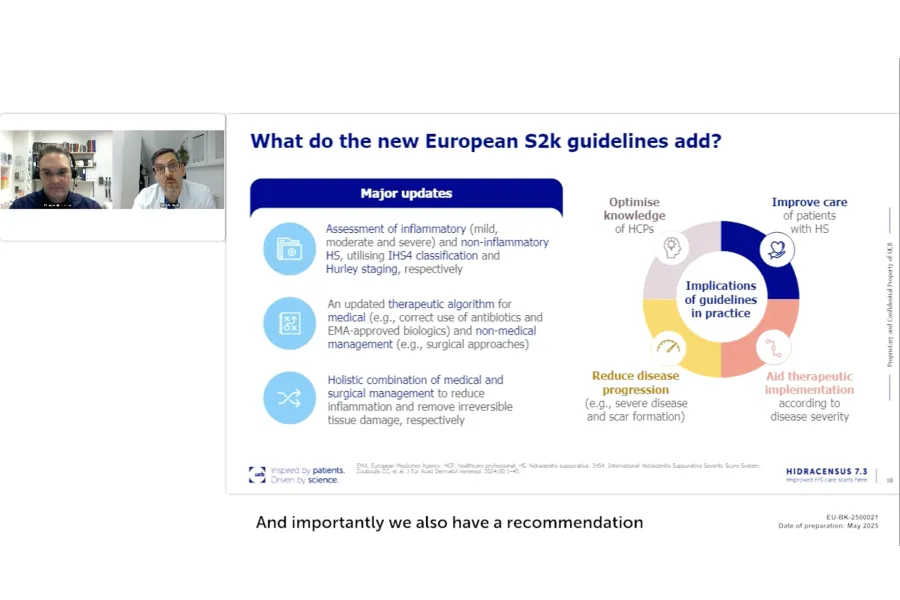
Navigating the new European S2k guidelines for hidradenitis suppurativa: How will they change your clinical practice?
Unlock the European S2k HS guidelines. Prof. Tzellos and Prof. Bechara share expert insights and implications of the updated guidelines
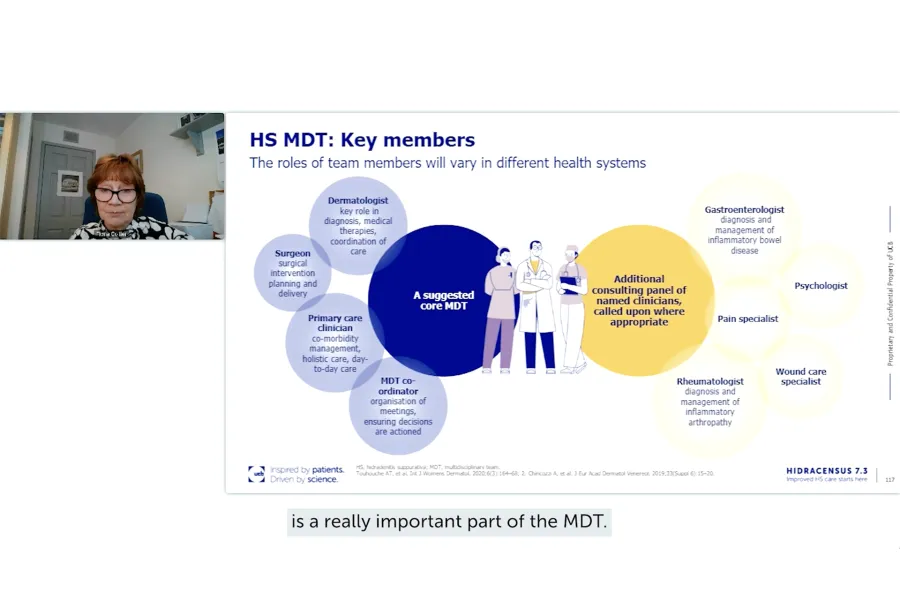
Setting up MDT care in HS: Learning from psoriasis
Establishing a multidisciplinary team to alleviate disease burden and optimise patient outcomes, using the principles of value-based healthcare
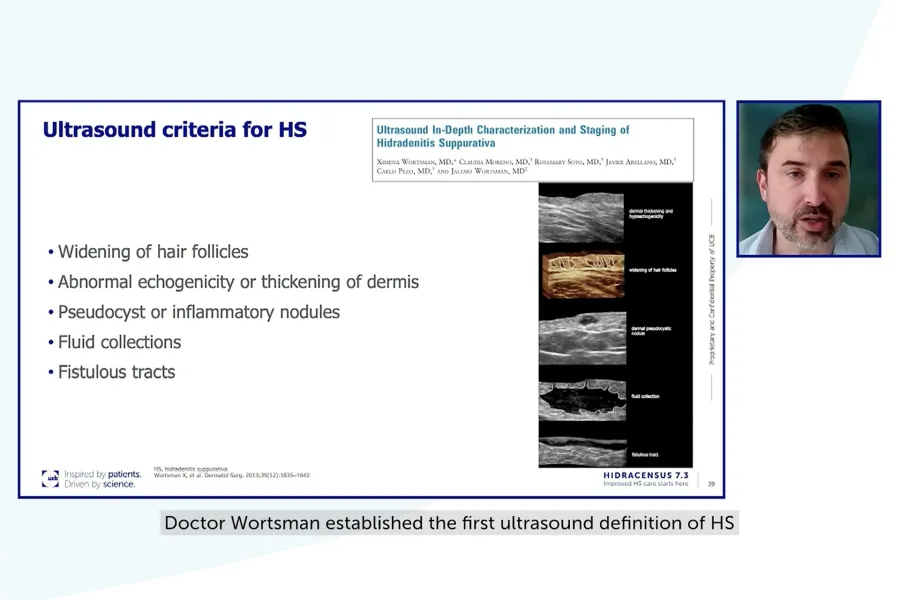
Use of imaging in HS management
Transformative role of ultrasound and magnetic resonance imaging in HS management, and how AI-driven technologies may enhance disease characterisation
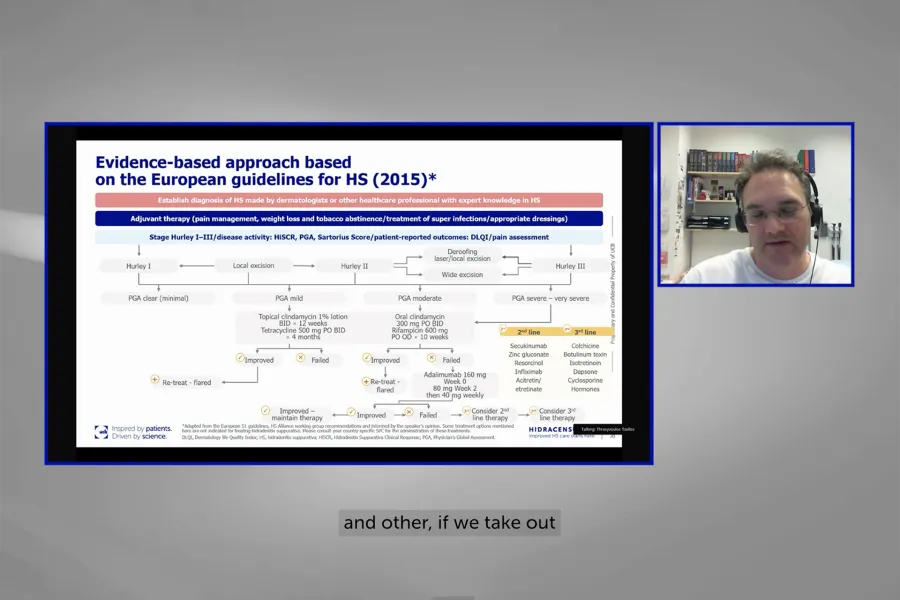
Evidence-based approach to medical management based on the European guidelines for HS
Latest evidence-based strategies for effective HS medical management including antibiotics and biologic therapy
